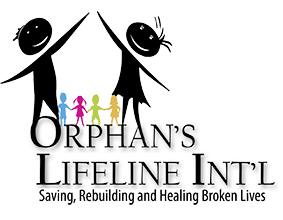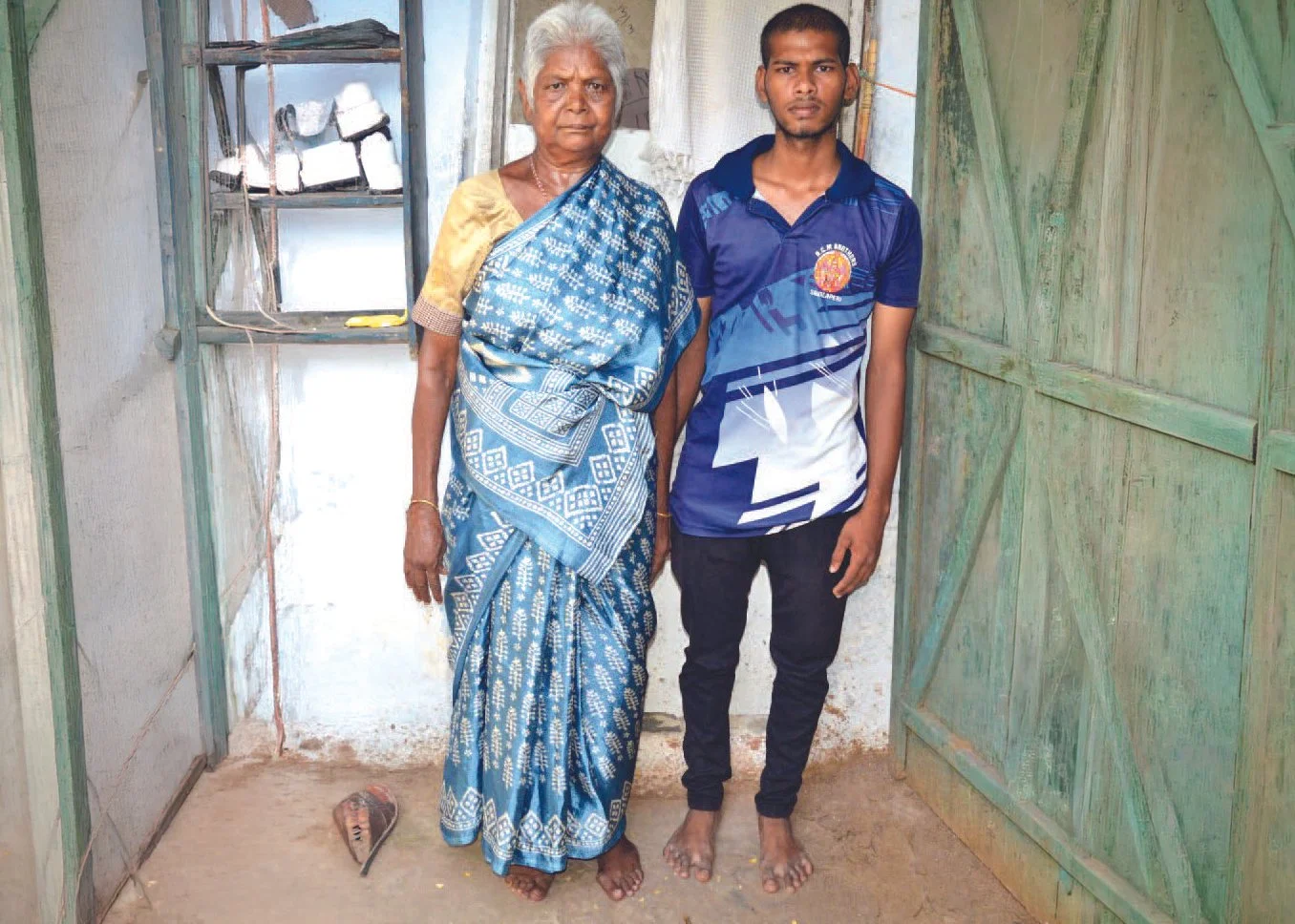Driven
India has a population of 1.4 billion, making it the most populated country on earth. But a more important statistic puts the poverty level at close to 100 million people. And the term poverty means something entirely different in India than it does here.
Poverty in India means limited shelter, no blanket and one meal or less per day.
Education is not even a consideration, even though it is the answer to poverty.
Poverty In India is sleeping on a cold, hard floor. It is waking up in the middle of the night with a gnawing pain in the pit of the stomach, an ache that comes every day. One of the only things that can be counted on at that poverty level.
Someone once told me that India was where the bronze age meets the 21st century. Funny but true. It is a dichotomy unto itself, being a very technologically advanced country that even has nuclear weapons. And yet it has thousands of unsupported villages that provide a wide array of services, all the way down to tribes that skin rats.
It has glitzy cities filled with celebrities and paparazzi.
But where the cities end, the slums begin and the curtains are pulled back on the disparity between those who have, and those who have not.
The roads are lined with workers on their way to the fields where the pay is so meager that it is more of a punishment than it is a reward. Where the food it will buy for the family is a cruel reminder of their place in society.
Large agricultural fields are surrounded by shacks made of tin, cloth, and rare scraps of wood. These thousands of shacks are home to the thousands of laborers that work in the nearby fields.
These labor jobs fuel poverty, and the poverty in turn provides fuel for the labor jobs, creating an endless cycle of poverty, and therein orphans, alcoholism and broken homes. Children grow up in these homes suffering from malnutrition and abandonment, living a life without hope. They are doomed to repeat the only life that they have ever known. If they survive.
There are opportunities between the rich and the poor. Opportunities that can provide a good life for a family. But they require an education; and while that is easy to say, it is much harder to achieve because poverty is a ravenous and hungry opponent.
Education is not a stand-alone required component either. In fact, in and of itself, it is an unwanted distraction to people living in poverty, simply because they seek to solve the immediate problems and cannot see it for the long-term solution that it is. Really, that is true everywhere to some degree and for various reasons, and one simple fact holds true no matter where you are or what your circumstances are. For education to serve you and serve its purpose, you have to be driven.
What drives any individual can be different.
But when you live in a culture of poverty, it is not the norm to see education for what it is. In fact children are often encouraged to join the labor forces at a very young age to help the family survive. Apparently, no thought is given to the fact that the wages are barely survivable and it is inevitably a cultural trap.
So, it requires outside intervention to change the dynamics. That’s where we come in.
The children and surviving caregivers must be shown a different way and given foundational components such as consistent nutrition, security and freedom from fear, mentoring and nurturing, all wrapped up in God’s Word.
Meet Kaviyarasu. Kaviyarasu comes from a very typical family within the culture of poverty in the slums in Southern India. Kaviyarasu’s mother and father were both laborers. They did not earn enough to care for themselves as well as Kaviyarasu and his younger brother. The father was an alcoholic that rarely contributed much more than angry curse words delivered on foul breath. The family suffered without hope.
Kaviyarasu became a part of our programs in 2013 and he, his mother and younger brother have been cared for as a part of our orphan/widow program since Kaviyarasu was at the age for second grade. So even though he lived inside a culture of poverty, the elements in his life were different than the typical.
His family was cared for and they didn’t have to worry where food was coming from. They didn’t have to go to bed at night and sleep on a cold, hard floor. Kaviyarasu and his younger brother were given the mentoring and nurturing they needed and his mother, because she didn’t have to worry about how she would feed them, was convinced to allow them to stay in school.
Kaviyarasu was given hope and could personally see a different future for himself and his family. It was that hope that moved Kaviyarasu out of the culture of poverty mentally and emotionally and he became driven.
Kaviyarasu has completed high school as well as a two-year degree in electronics and communications. He is driven. He now has the opportunity to continue on to a Bachelor’s Degree and has applied to do so. He is driven.
Kaviyarasu can now clearly see a path forward and out of the culture of poverty for his current and future family because personal success breeds more of the same.
He is driven to succeed and provide for his family. He is driven to be a good father and provider. He is driven to please God who has given him so much in his young life. He is driven to live a good life and give back to his community, showing the same kind of love that strangers thousands of miles away have shown him. He is driven.




